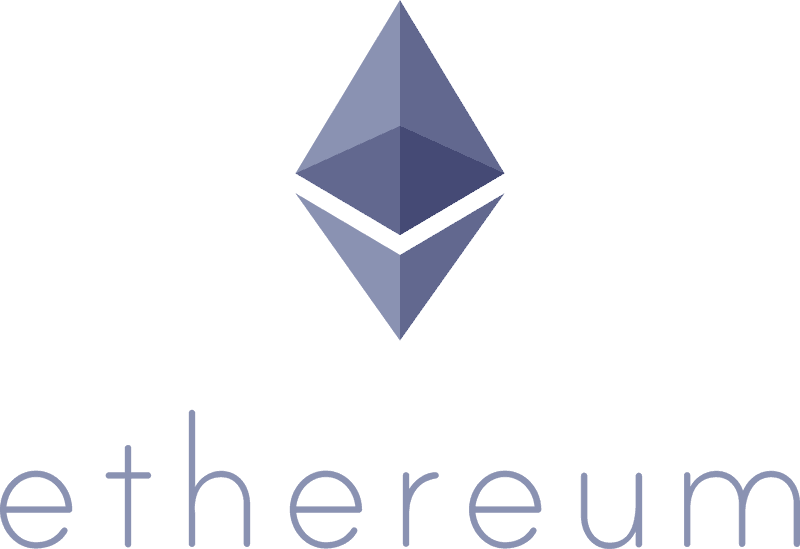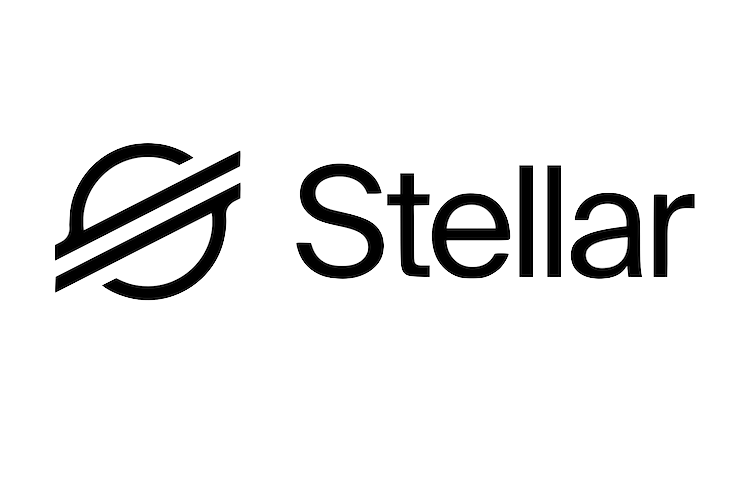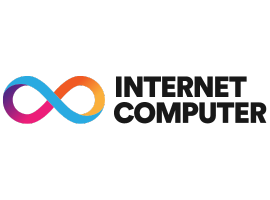
Ethereum
Ethereum is a global, decentralized platform for programmable money and applications accessible worldwide.
Overview
Ethereum is the leading decentralized blockchain platform that enables developers to build and deploy smart contracts and decentralized applications (dapps) globally. It provides a programmable environment where code controls money and assets without intermediaries, supporting a wide range of use cases including decentralized finance (DeFi), non-fungible tokens (NFTs), decentralized autonomous organizations (DAOs), and more. Ethereum's open, permissionless network allows anyone to participate, fostering a vibrant ecosystem of developers and users.
The platform supports multiple programming languages such as Solidity and Vyper for smart contract development, and offers extensive developer resources including APIs, integrated development environments (IDEs), and local test networks. Ethereum's architecture includes the Ethereum Virtual Machine (EVM), which executes smart contracts securely and consistently across all nodes. Developers can interact with Ethereum through JavaScript and backend APIs, enabling seamless integration with web and mobile applications.
Ethereum distinguishes itself through its large, active community and continuous innovation, including its transition to proof-of-stake consensus for improved scalability and energy efficiency. It hosts billions of dollars in value locked in DeFi protocols and supports a broad array of token standards like ERC-20 and ERC-721. The platform also emphasizes security, formal verification of smart contracts, and composability, allowing complex applications to interoperate. Getting started involves choosing a wallet, acquiring ETH for gas fees, and using the comprehensive documentation and tutorials available on ethereum.org.
The Problem
Traditional financial and application platforms are often centralized, limiting access, transparency, and user control. Developers face challenges building decentralized applications that are secure, interoperable, and scalable on a global network.
The Solution
Key Features
Ethereum Alternatives
Explore web3 competitors and apps like Ethereum.

Sunrise DA
Pricing
Free | |
|---|---|
| Price (Monthly) | Free |
| Price (Annual) | Free |
| Messaging | N/A |
| Support | Community support via forums and Discord |
| Analytics |
Start Building Now
Reliable RPC, powerful APIs, and zero hassle.
Resources
Ethereum.org offers comprehensive developer documentation, tutorials, and community resources to support building on Ethereum. These include guides on smart contracts, consensus mechanisms, scaling solutions, and programming languages, as well as access to developer tools and community events.









